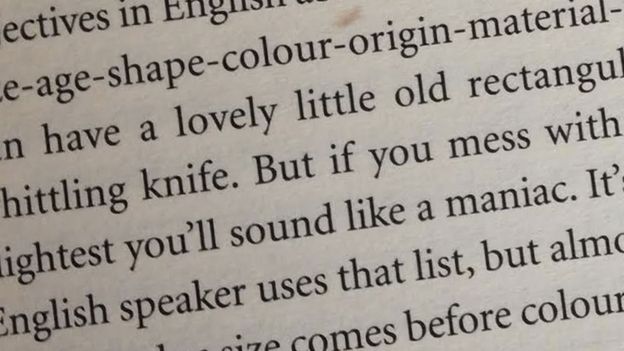Lillian's wisdom does not get enough love or attention.
More options
Export threadWTF has been done to my curry?!
Nathan's Famous chili dogs. No pics.
F for your wallet if you went to one of their restaurants. I went to the Coney Island location once. Over priced and overhyped.Nathan's Famous chili dogs. No pics.
Messed up baking a deep dish pizza. Used to much yeast in the dough. Tasted as if I made the dough with beer instead of water.
Translate says “Rüschel” but that doesn’t seem right.Probably a German word for it
—Patrick
Resteessen
figmentPez
Staff member
Resteessen
Thanks Google, that was so very helpful.

It does give the more useful translation of "leftovers" if you manually tell it to translate from German.
Apparently there is some debate whether it's Resteessen or Essensreste. Dict.cc and Google say Essensreste, Leo.org says Resteessen. It might be different depending on where in the German speaking world you're from.
Essensreste = Leftovers
Resteessen = Meal made from leftovers
Resteessen = Meal made from leftovers
Germans put their words together in a certain way to describe things. The first part i s like a modifier for the second part.(A teacher can describe it better then me.)
Essens (Food) + Reste (Leftover) = Essensreste (Food Leftovers)
Reste (Leftover) + Essen (Food) = Resteessen (Meal of Leftovers)
More examples
Fahr (driving) + Zeug (Thing) = Drivingthing (Car)
Hub (Lifting) + Schrauber (Screwmaschine) = Helicopter
Essens (Food) + Reste (Leftover) = Essensreste (Food Leftovers)
Reste (Leftover) + Essen (Food) = Resteessen (Meal of Leftovers)
More examples
Fahr (driving) + Zeug (Thing) = Drivingthing (Car)
Hub (Lifting) + Schrauber (Screwmaschine) = Helicopter
English does something sort of similar. When you say “The big red car,” what you are really saying is something like, “Of those red cars, I am speaking of the big one.” The order of adjectives builds the hierarchy of sets and subsets.Germans put their words together in a certain way to describe things. The first part i s like a modifier for the second part.
—Patrick

The language rules we know – but don’t know we know
Mark Forsyth tasted internet fame this week when a passage from a book he wrote went viral. He explains more language secrets that native speakers know without knowing.
“Adjectives in English absolutely have to be in this order: opinion-size-age-shape-colour-origin-material-purpose Noun. So you can have a lovely little old rectangular green French silver whittling knife. But if you mess with that word order in the slightest you’ll sound like a maniac. It’s an odd thing that every English speaker uses that list, but almost none of us could write it out.”
So does Dutch.Germans put their words together in a certain way to describe things. The first part i s like a modifier for the second part.(A teacher can describe it better then me.)
Essens (Food) + Reste (Leftover) = Essensreste (Food Leftovers)
Reste (Leftover) + Essen (Food) = Resteessen (Meal of Leftovers)
More examples
Fahr (driving) + Zeug (Thing) = Drivingthing (Car)
Hub (Lifting) + Schrauber (Screwmaschine) = Helicopter
To be fair, even English, they usually just don't join them together. Wine bottle vs bottle (of) wine, for example.
Look you CAN have tenders, you just need to be faster next time.Vegetarian tonight.
--Patrick
Those are cauliflower wings and they’re awesome. I wish they were the C in KFC....because that batter on veggies would be killer.Look you CAN have tenders, you just need to be faster next time.
--Patrick
Homemade McRib.
Shrimp gumbo



